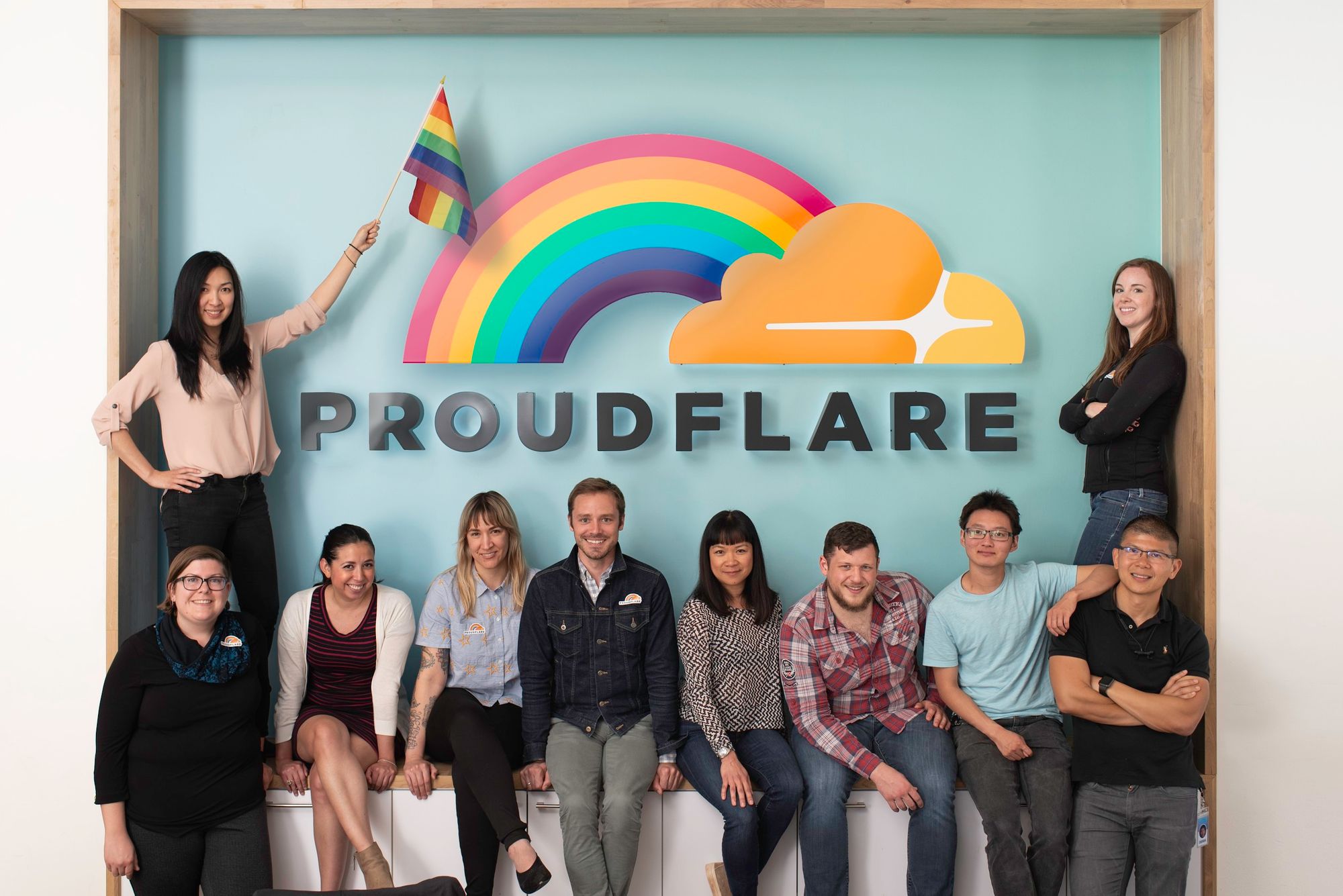Weekly Show 411: Understanding Global DNS Architecture with ThousandEyes (Sponsored)
Today's Weekly Show delves into DNS performance and endpoint testing with sponsor ThousandEyes. We'll review key findings from a new report on the state of global DNS authored by ThousandEyes, and discuss how to analyze performance and improve troubleshooting with end point testing.
The post Weekly Show 411: Understanding Global DNS Architecture with ThousandEyes (Sponsored) appeared first on Packet Pushers.
Security Is Bananas

I think we’ve reached peak bombshell report discussion at this point. It all started this time around with the big news from Bloomberg that China implanted spy chips into SuperMicro boards in the assembly phase. Then came the denials from Amazon and Apple and event SuperMicro. Then started the armchair quarterbacking from everyone, including TechCrunch. From bad sources to lack of technical details all the way up to the crazy conspiracy theories that someone at Bloomberg was trying to goose their quarterly bonus with a short sale or that the Chinese planted the story to cover up future hacking incidents, I think we’ve covered the entire gamut of everything that the SuperMicro story could and couldn’t be.
So what more could there be to say about this? Well, nothing about SuperMicro specifically. But there’s a lot to say about the fact that we were both oblivious and completely unsurprised about an attack on the supply chain of a manufacturer. While the story moved the stock markets pretty effectively for a few days, none of the security people I’ve talked to were shocked by the idea of someone with the power of a nation state inserting themselves into the supply chain Continue reading
Optimizing HTTP/2 prioritization with BBR and tcp_notsent_lowat

Getting the best end-user performance from HTTP/2 requires good support for resource prioritization. While most web servers support HTTP/2 prioritization, getting it to work well all the way to the browser requires a fair bit of coordination across the networking stack. This article will expose some of the interactions between the web server, Operating System and network and how to tune a server to optimize performance for end users.
tl;dr
On Linux 4.9 kernels and later, enable BBR congestion control and set tcp_notsent_lowat to 16KB for HTTP/2 prioritization to work reliably. This can be done in /etc/sysctl.conf:
net.core.default_qdisc = fq
net.ipv4.tcp_congestion_control = bbr
net.ipv4.tcp_notsent_lowat = 16384
Browsers and Request Prioritization
A single web page is made up of dozens to hundreds of separate pieces of content that a web browser pulls together to create and present to the user. The main content (HTML) for the page you are visiting is a list of instructions on how to construct the page and the browser goes through the instructions from beginning to end to figure out everything it needs to load and how to put it all together. Each piece of content requires a Continue reading
Internet Society submits comments for the revision of the Ethiopian Cybercrime law

Imagine how much the Internet has changed our lives in the last few decades. Today, thanks to the Internet, we can communicate with anyone around the world, instantaneously, reliably and cheaply. This enables us not only to be close to our friends and family that may be far away but also to bridge the knowledge gap that we have with the developed world. It also opens many work opportunities that we wouldn’t even imagine just a few years back and democratize media, allowing anyone to reach instantaneously millions of people at almost no cost, forcing transparency in governance more than ever before.
At national level, our economies are benefiting from the economic opportunities, directly and indirectly related to the Internet. Experts say that this is just the tip of the iceberg and that there are many more opportunities that are yet to be discovered.
However, we cannot deny that the Internet also comes with increasing challenges. Cybercrime is endangering Internet users, organizations and even countries. Our privacies are threatened every day. And more … It is therefore appropriate that governments act to protect its citizens from the negatives impacts of the Internet by enacting laws and regulations. It was therefore Continue reading
4 Tips for Safeguarding Your SD-WAN
Be mindful of these four areas of security when considering an SD-WAN solution. By incorporating security measures like these into an SD-WAN solution, businesses gain assurance that their data, network, IT assets, and customers are protected.
Recursive Lookup in BGP
The post Recursive Lookup in BGP appeared first on Noction.
GIT – Version Control for Network Engineers
Is GIT any way related to Network Guys ? What is GIT and how a network engineers can benefit from It. Most of the network engineer might have not came across GIT and even not used in their work environment,But as mentioned in earlier posts that inclusion of DevOps in Networking has made network engineer to learn about automation and related technologies.
GIT is a distributed version control software that keeps track of every modification to the code. If any change or mistake is made , we can look back and compare with earlier version of code and find for any mistake.
So how GIT can be useful for Network Engineers ? Network Engineer can use GIT to see the config,how and when it got changed and who made the change ,all the changes in a file can be tracked easily.
Git can be easily installed by following the steps provided in link https://git-scm.com/book/en/v2/Getting-Started-Installing-Git
What is Git Version Control , Lets understand it in more simple way .. As per https://stackoverflow.com/questions/1408450/why-should-i-use-version-control/1408464#1408464
Have you ever:
- Made a change to code, realized it was a mistake and wanted to revert back?
- Lost code or had a backup that was too old?
- Had Continue reading
Making Sense of Software-Defined World
In mid-September I was invited to present at the vNIC 2018 event in Frankfurt, Germany. Unfortunately I wasn’t able to get there, but Zoom did a great job … and enabled me to record the talk.
Telco Systems’ Arm-Based uCPE Costs Less Than Its x86 uCPE
 The NFV vendor says it can demonstrate more than 30 percent cost savings on Arm-based hardware. Telco Systems now has three different manufacturers for Arm boxes.
The NFV vendor says it can demonstrate more than 30 percent cost savings on Arm-based hardware. Telco Systems now has three different manufacturers for Arm boxes.
Happy National Coming Out Day: Stories from Proudflare

Today is the 30th Anniversary of National Coming Out Day. We wanted to share some coming out stories from members of Proudflare and draw attention to resources the Human Rights Campaign provides to those who are thinking about coming out or wish to be supportive of those who come out to them.
About National Coming Out Day
On October 11, 1987, about 500,000 people marched on Washington for Lesbian and Gay Rights. This was the second demonstration of this type in the capital and it resulted in the formation of several LGBTQ organizations.
In the late 1980s, the LGBTQ community recognized that they often reacted defensively to anti LGBTQIA+ actions and the community came up with the idea of a national day for celebrating coming out. The anniversary of the 1987 march was chosen as that national day.
Each year on October 11th, National Coming Out Day continues to promote a safe world for LGBTQ individuals to live truthfully and openly.
Source: https://www.hrc.org/resources/the-history-of-coming-out
Coming out stories from Proudflare
Here are seven examples of the coming out stories that surfaced from a company-wide awareness campaign. I hope you’ll enjoy reading these and will find inspiration in them. Let’s Continue reading
IBM Protests Pentagon’s JEDI, Still Plans to Bid for the $10B Deal
 “No business in the world would build a cloud the way JEDI would and then lock in to it for a decade,” IBM's Sam Gordy says.
“No business in the world would build a cloud the way JEDI would and then lock in to it for a decade,” IBM's Sam Gordy says.
Snowflake Snags $450M VC Round, Targets Data Warehouse Expansion
 Dow Jones VentureSource ranked the company as No. 4 in value among privately held U.S.-based business software and services company.
Dow Jones VentureSource ranked the company as No. 4 in value among privately held U.S.-based business software and services company.